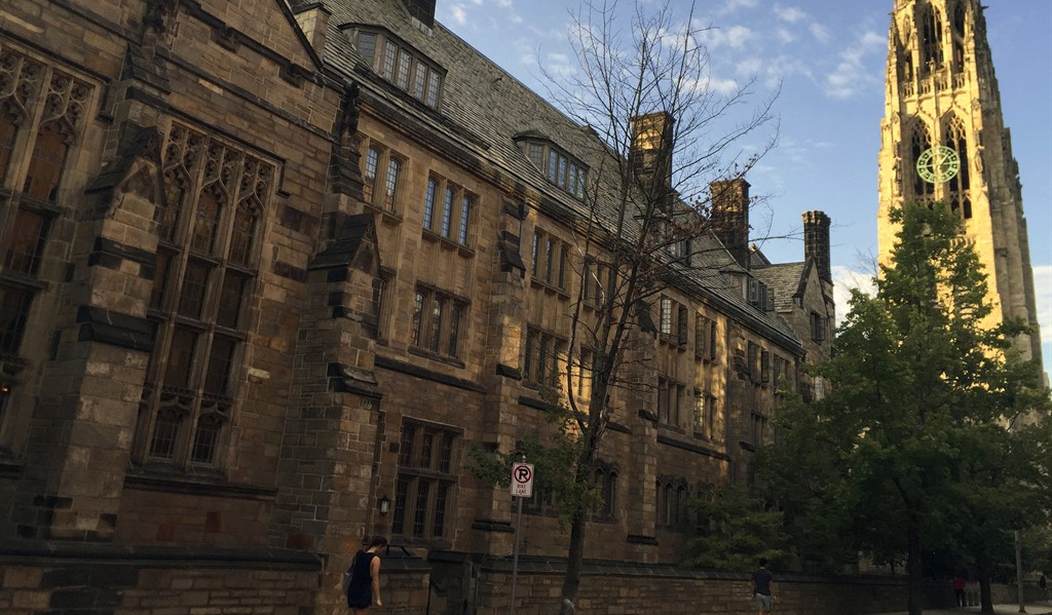College campuses can't safely reopen this fall unless they test students every two-three days, according to a study released on Friday.
The findings from Yale and Harvard researchers, published in the JAMA Network Open journal, claim that unless students are tested every few days to help manage the spread of the virus, along with other strict social distancing guidelines.
Researchers said that even lower-quality testing that may only detect 70 percent of positive COVID-19 cases at a two-day rate is a more cost-effective system than higher-quality testing once a week.
To conduct their study, the authors used a modeling scenario that incorporated a residential campus with 5,000 students, including 4,990 students uninfected with the COVID-19 and 10 who were asymptomatic but had tested positive for the virus. The time frame stretched from Labor Day to Thanksgiving, an 80-day time frame.
In the modeling, the reachers failed to find a realistic circumstance in which waiting to test until symptoms emerge would be a sufficient way to prevent an outbreak.
They estimated the per-student cost for the semester implementing the preferred testing strategy would be between $120 and $910. They also revealed "no circumstance in this modeling study under which symptom-based screening alone would be sufficient to contain an outbreak.”
The study also found that testing too many students could generate false-positive cases that may weaken student assurance in their university's testing system and overwhelm quarantine spaces.
David Paltiel, a Yale public health professor and the study's lead author, believes these findings aren't meant to discourage colleges from reopening but to inform the public of the method that involves the least risk of spread.
Recommended
“It is possible to reopen U.S. residential colleges safely in the fall,” Paltiel said in a statement, “but it will require high-cadence screening in addition to strict adherence to masking, social distancing, and other preventive practices.”
The results from the study come after several colleges said that they would not be returning in the fall, even though many had said earlier in the summer they would likely bring students back to campus. These schools include elite schools with high tuition costs such as Georgetown, Duke, and the University of Pennsylvania.
Some colleges announced a delayed start like the College of William and Mary, Ohio University, and College of Charleston.
However, a majority of colleges have still not clarified exactly they plan to keep students safe this fall and prevent a massive spread in the surrounding community.
Only a small fraction of U.S colleges have announced that they have the testing capabilities to adhere to proper testing guidelines. Such schools include Yale, Boston University, Colby College. Harvard also plans on aggressive testing for the 40 percent of undergraduates it plans to have back on campus this fall.
Other colleges like Cornell are only testing their students once a week. University of North Carolina Chapel Hill officials argue that testing every student could “create a false sense of security," and only plan to test students who show symptoms.
Colleges are largely divided on how to effectively monitor the spread and control student behavior. There is no uniform plan across the board, and it varies from school to school, even those in the same city.
The researchers behind the study even admit the task is nearly impossible for most schools, as it "sets a very high bar—logistically, financially, and behaviorally."
"Any school that cannot meet these minimum screening standards or maintains uncompromising control over good prevention practices has to ask itself if it has any business reopening,” said Paltiel.
More colleges are expected to make a final decision in the coming weeks about their official return plans for the fall.
























Join the conversation as a VIP Member